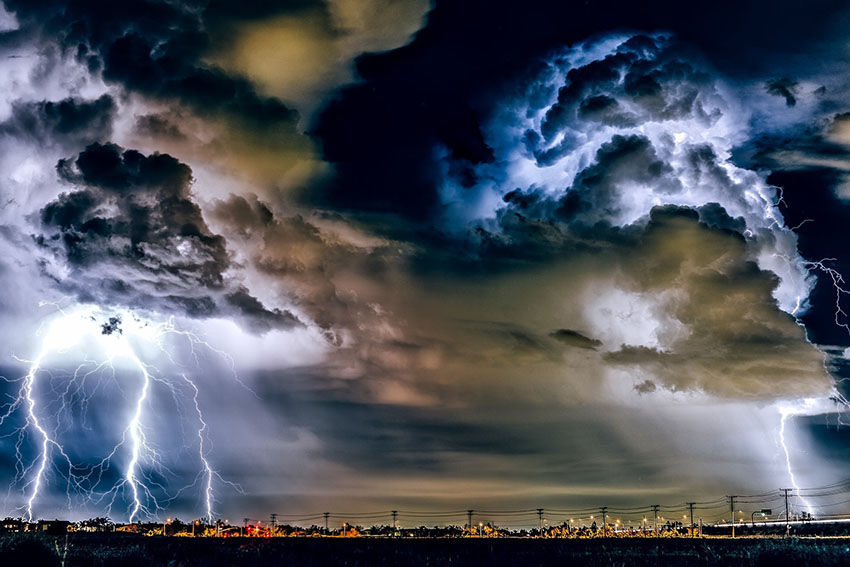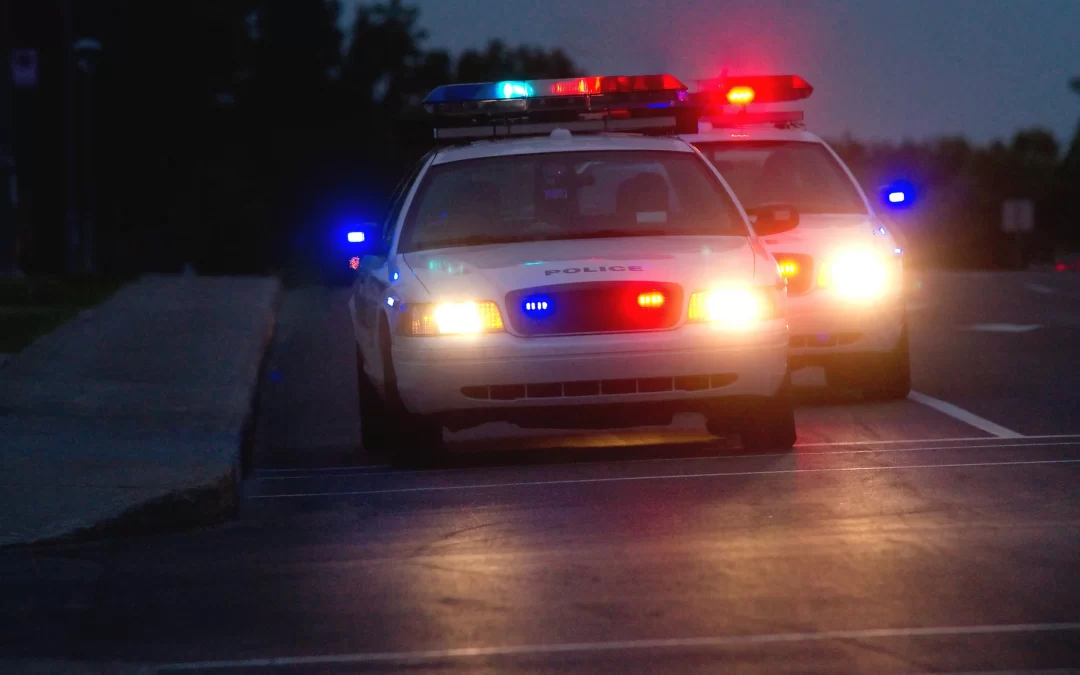This is the time of year that we get lots of storm damage claims. You can’t stop a storm, but you can take precautions to help minimise the damage. Making sure you have current insurance is the best precaution you can take.
Clean gutters, downpipes, and drains
This storm season, suburban Australia can be full of hidden enemies and contain lots of unpredictability. Clogged gutters can cause rainwater to overflow under the eaves into the roof cavity. Be sure to clean your gutters, drains, and downpipes. We all put off clearing dead leaf and twig build-up, but add it to your to-do list and get it done or consider paying someone to do it for you.
Remove tree branches close to your home
Tree branches provide atmospheric shade on any normal day, but come storm season, they turn into safety hazards. Heavy rain and wind can cause branches to fall onto your home, so trim and prune any trees near your property. If you don’t have green fingers consider drafting in a gardener to help you with this.
Secure loose items around your property
Small decorative items look great sitting in your yard most of the year, but they can become missiles during storm season. It would be a good idea to bring them indoors or in the garage. This way you won’t lose an eye to a flying garden gnome!
Learn how to safely turn off your power, water, and gas
Before the storms hit, teach yourself how to quickly turn off the power, water, and gas in your home. This way, you’ll be able to prevent a short circuit in the event of lightning.
Keep your phone charged and ready
Always make sure your phone is fully charged and accessible. You’ll need a way to contact help easily in an emergency. Remember to use it sparingly during an actual storm as the Networks get overloaded.
Prepare an emergency kit
Start building an accessible storm emergency kit if you are in remote areas or have been issued a safety warning.
You’ll need:
- a torch with spare batteries
- important documents
- a battery-powered radio
- extra clothes
- a first aid kit
Monitor weather alerts
During storm season, monitor weather warnings and take advice from authorities like the SES and your local CFA. They’ll provide clarity when you need well-informed advice on your next move. Always remember that no matter how well-prepared you are, you can never be fully certain of what nature has in store.



